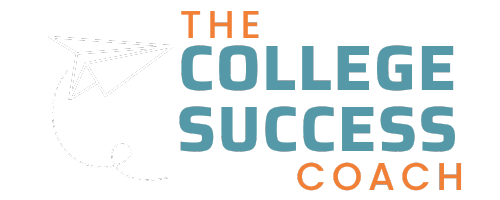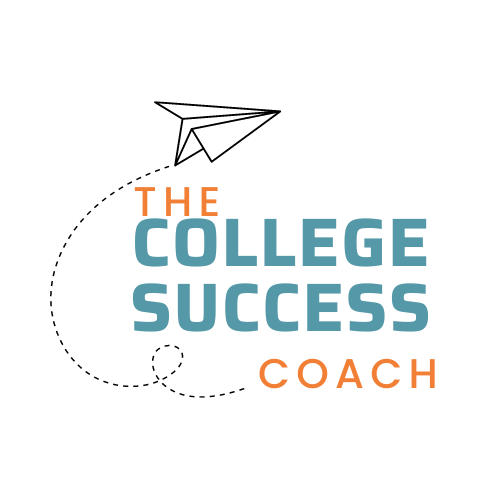You Cannot Fail with Campus Resources
College life is a whirlwind of new experiences, challenges, and opportunities. Amidst the excitement of pursuing your academic and personal goals, it’s important to remember that your college is a hub of campus resources and support services designed to help you thrive.
From academic assistance to mental health counseling to opportunities for personal growth and community engagement, these resources are invaluable assets that can enhance your college experience and contribute to your overall success. In this guide, we’ll explore some of the most common resources available on college campuses and how you can leverage them to make the most of your time in college.
Academic Support Services
- Tutoring Centers: Many colleges offer tutoring services where you can receive one-on-one or group assistance with challenging course material. Whether you’re struggling with math, writing, or a specific subject area, tutors can provide guidance, clarification, and support to help you succeed academically.
- Writing Centers: Writing centers are a valuable resource for students seeking feedback and assistance with writing assignments. Trained writing tutors can help you with all stages of the writing process, from brainstorming and outlining to revising and editing.
- Academic Advising: Academic advisors can provide personalized guidance and support to help you navigate your academic journey. Whether you need help choosing classes, planning your course schedule, or exploring major and career options, your academic advisor is there to help you make informed decisions about your academic and professional goals.
Mental Health and Wellness Resources
- Counseling Services: College counseling centers offer confidential counseling and therapy services to students struggling with mental health concerns such as stress, anxiety, depression, and relationship issues. Trained counselors can provide support, coping strategies, and referrals to additional resources as needed.
- Support Groups: Many colleges offer support groups and workshops focused on topics such as mindfulness, stress management, and self-care. These groups provide a supportive environment where students can connect with peers, share experiences, and learn valuable coping skills.
- Wellness Programs: From fitness classes to meditation sessions to nutrition workshops, college campuses often offer a variety of wellness programs and activities designed to promote physical, emotional, and mental well-being. Take advantage of these resources to prioritize your health and wellness during your college years.
Campus Involvement and Community Engagement
- Student Organizations: Get involved in student organizations and clubs that align with your interests, hobbies, and passions. Whether you’re interested in student government, cultural clubs, academic societies, or service organizations, joining a student group is a great way to meet like-minded peers, develop leadership skills, and make a positive impact on your campus community.
- Volunteer Opportunities: Many colleges offer opportunities for students to engage in community service and volunteer work. Whether you’re tutoring local students, participating in environmental clean-up projects, or volunteering at a food bank, giving back to your community can be a rewarding and fulfilling experience.
- Leadership Development Programs: Take advantage of leadership development programs and workshops offered on your campus. These programs provide training, mentorship, and opportunities for students to develop valuable leadership skills such as communication, teamwork, and decision-making.
Career Development and Professional Resources
- Career Services: Visit your campus career services office for assistance with resume writing, job search strategies, interview preparation, and career exploration. Career advisors can help you identify your strengths, interests, and career goals, and provide guidance on how to achieve them.
- Internship Programs: Explore internship opportunities in your field of interest to gain real-world experience and build your professional network. Your college may offer internship programs, job fairs, and networking events to connect students with potential employers and industry professionals.
- Alumni Networking: Connect with alumni from your college through networking events, mentorship programs, and alumni associations. Alumni can offer valuable insights, advice, and opportunities for career advancement in your chosen field.
For hands-on resume help that translates campus experience into employer-ready bullet points, explore our resume services.
Conclusion
Your college campus is a treasure trove of resources and support services designed to help you succeed academically, socially, and professionally. By taking advantage of these resources, you can enhance your college experience, overcome challenges, and achieve your goals.
Whether you need help with academics, mental health, campus involvement, or career development, remember that help is available and that your college community is here to support you every step of the way. Take the initiative to explore and utilize campus resources, and empower yourself to make the most of your college journey.
If you found this helpful, you might enjoy our other articles about How to Succeed in College. Start by checking out Why Your College Major Doesn’t Matter (Mostly): Learning How to Succeed in College and in Life






0 Comments
Trackbacks/Pingbacks